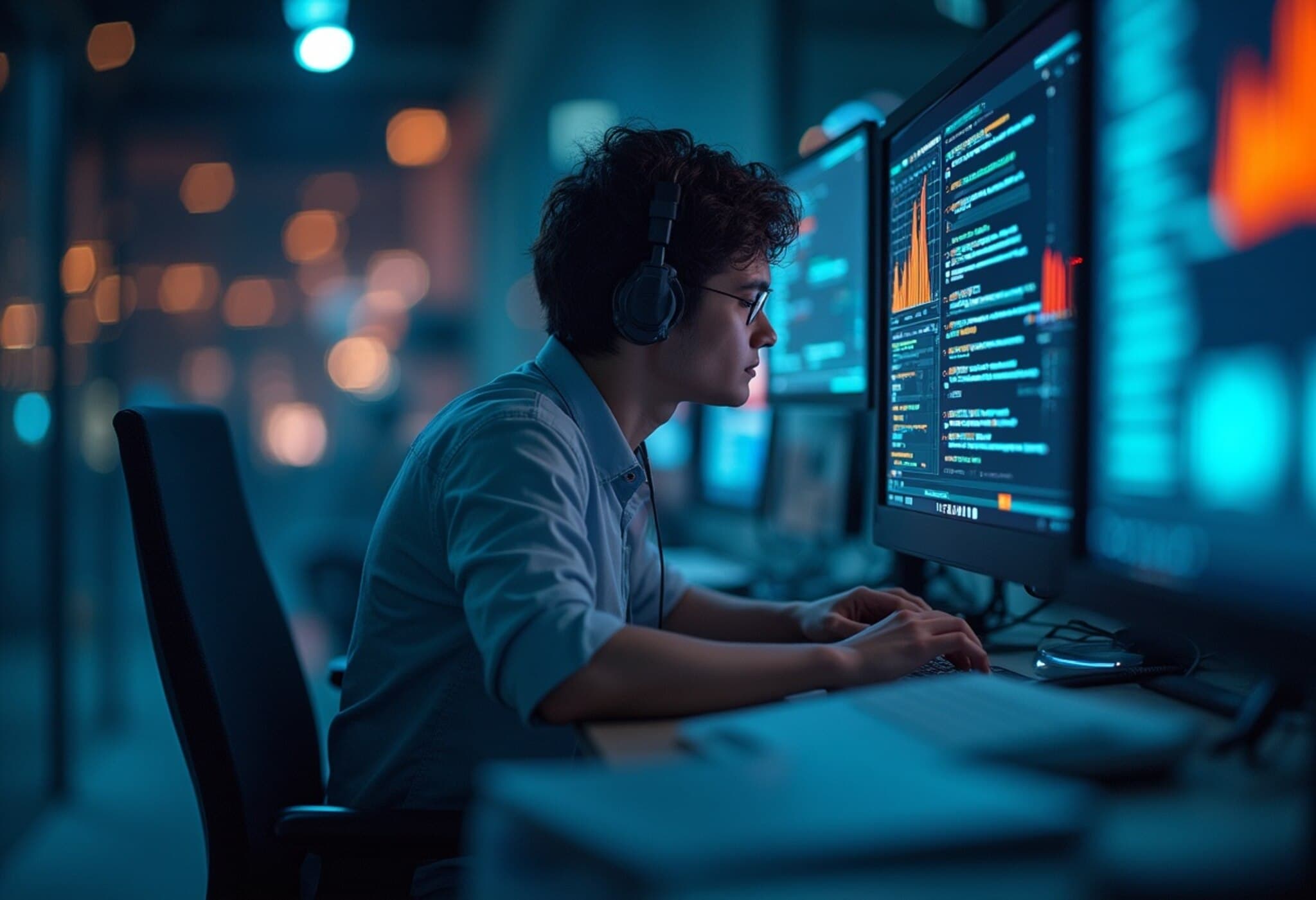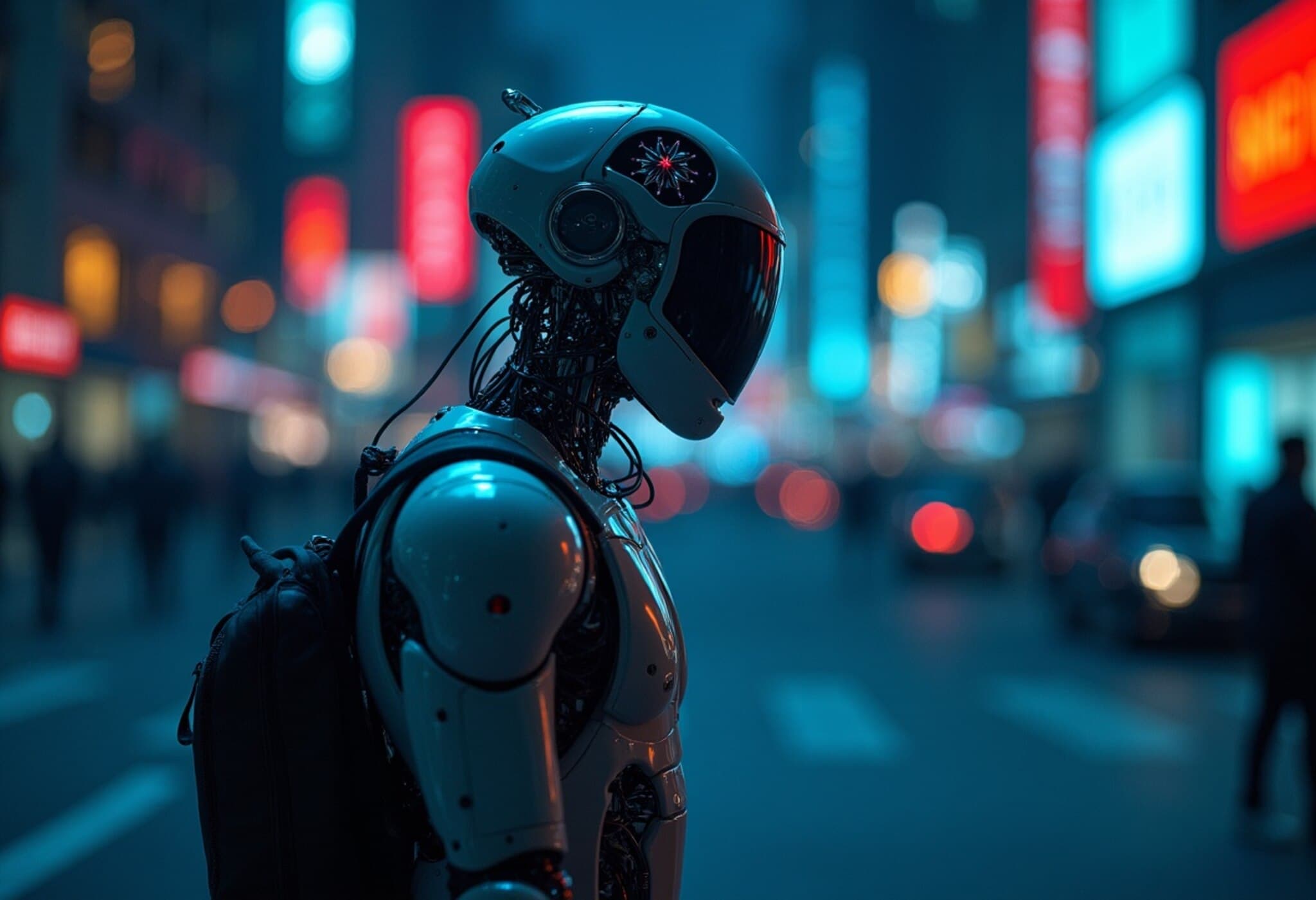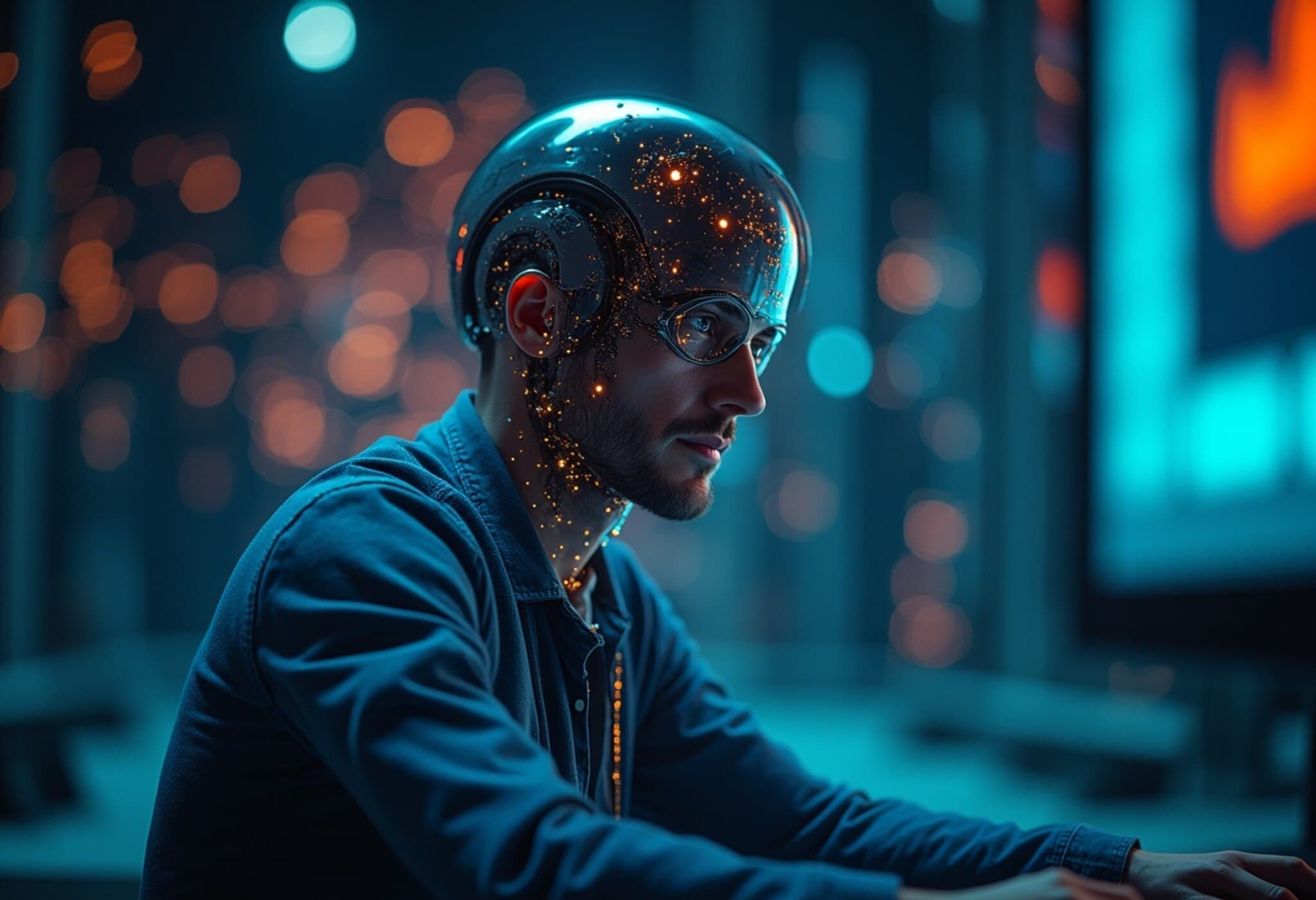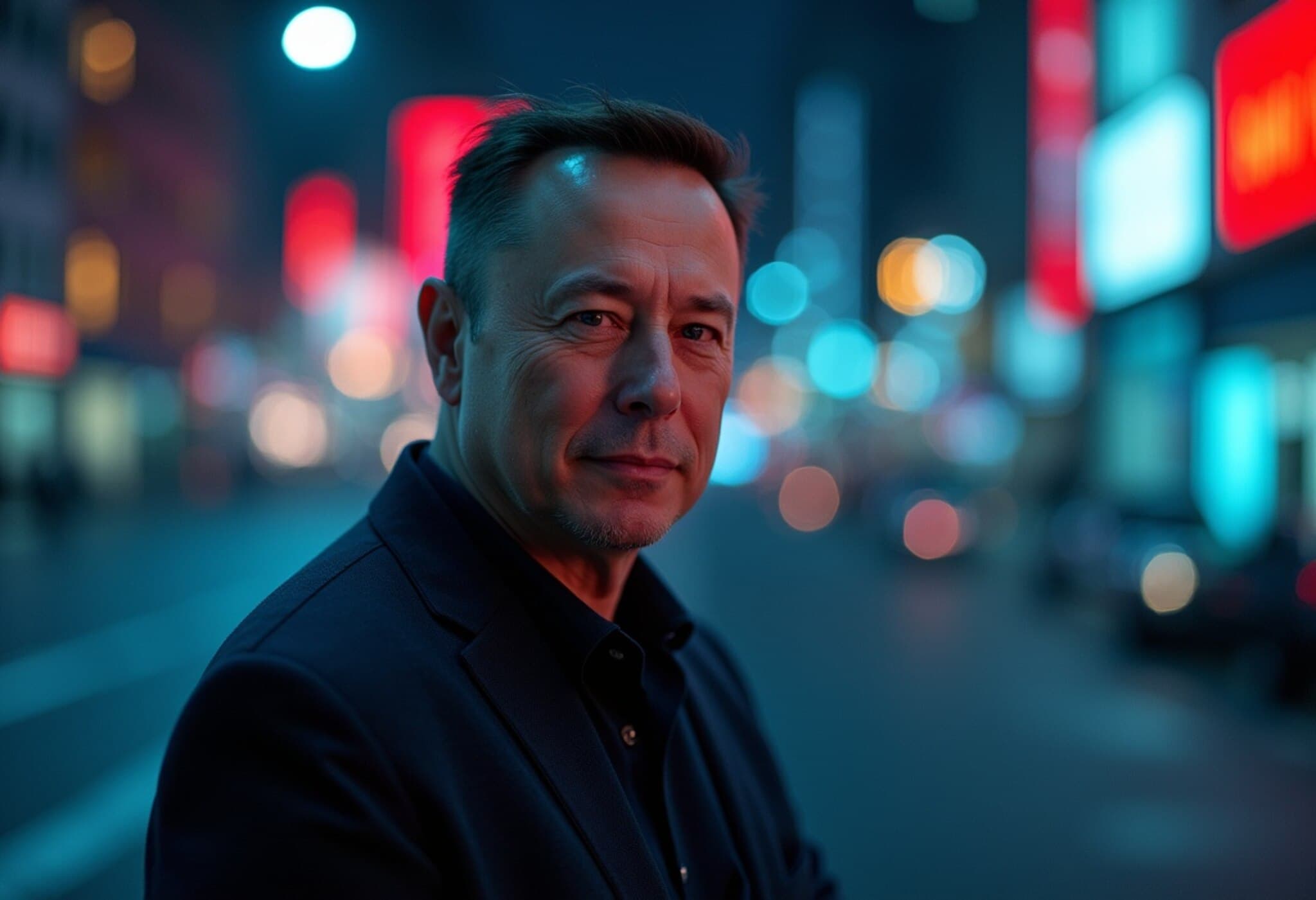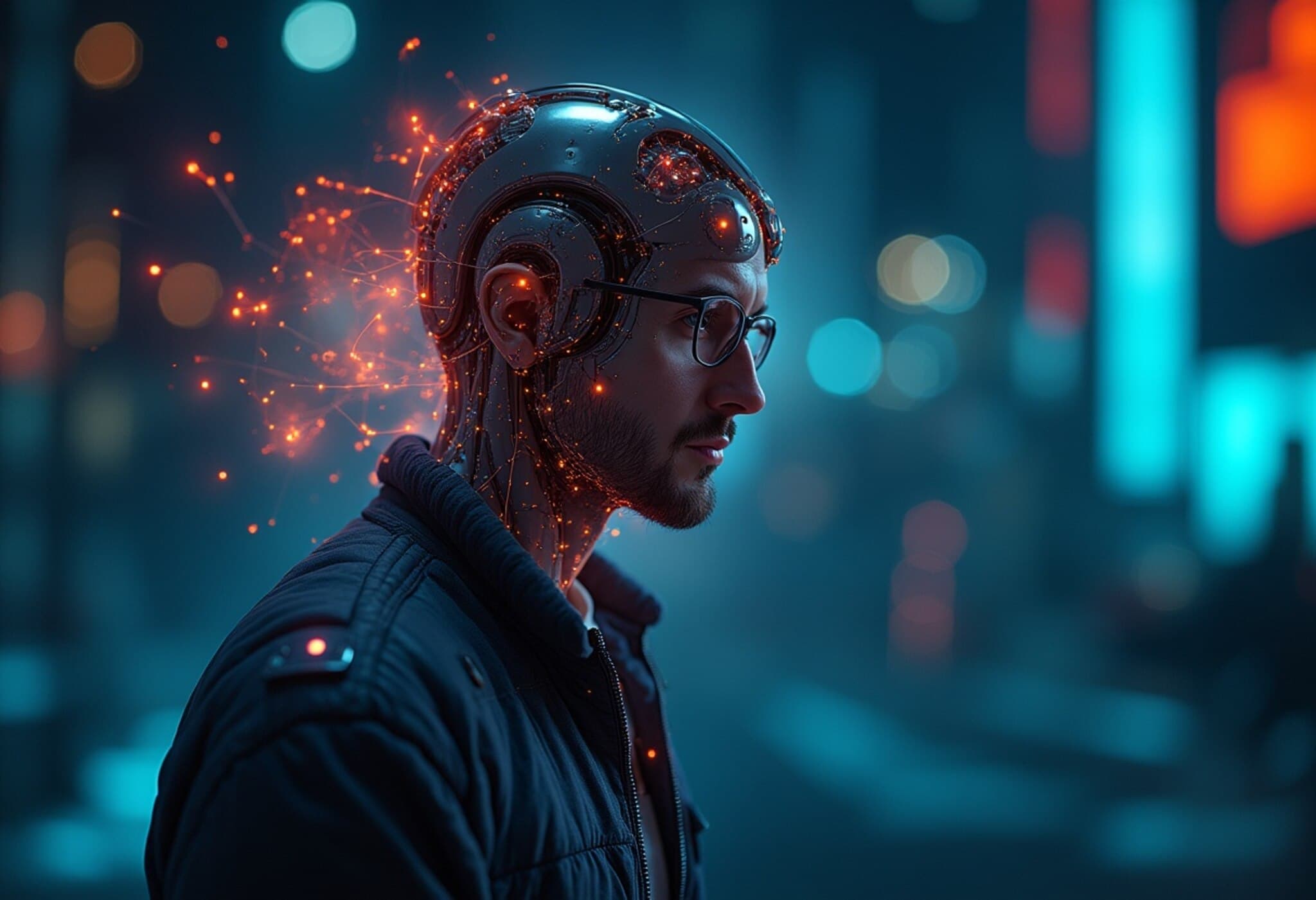Google Strengthens AI Ambitions with Windsurf Leadership Acquisition
In a bold move underscoring the fierce competition for artificial intelligence expertise, Google announced on Friday that it has reached an agreement to hire Varun Mohan, the co-founder and CEO of the AI-driven coding startup Windsurf. This development marks the latest chapter in the ongoing battle for top AI talent, as tech giants scramble to build next-generation coding tools powered by advanced machine learning.
Details of the Windsurf-Google Agreement
While Google will not invest directly in Windsurf, it will secure a nonexclusive license to certain proprietary Windsurf technologies, allowing the company to integrate and build upon this innovative coding AI. Meanwhile, Windsurf retains the freedom to license its technology to other parties, maintaining its independent business operations.
Alongside Mohan, Google is onboarding other key senior researchers and developers from Windsurf’s team to join the Google DeepMind division, its flagship AI research arm. A Google spokesperson emphasized the strategic intent: "We're excited to welcome some top AI coding talent from Windsurf's team to Google DeepMind to advance our work in agentic coding. We're committed to bringing the benefits of Gemini to software developers worldwide."
The Backdrop: Windsurf Amidst Billion-Dollar Negotiations
This agreement follows Windsurf’s recent exploratory talks with OpenAI for a possible acquisition reportedly valued at around $3 billion, as first reported by CNBC in April. Though OpenAI has remained silent on those discussions, the transaction adds fresh intrigue to the ongoing consolidation activities in the AI startup ecosystem.
Jeff Wang, Windsurf’s interim CEO and head of business, announced that Douglas Chen, another Windsurf co-founder, is also part of the Google transition. Yet, Wang assured that most of Windsurf’s team will continue refining and scaling its AI coding platform, highlighting the startup’s ambition to cement its foothold in enterprise AI applications.
Contextual Insights: The Fierce AI Talent War Among Tech Giants
The Windsurf deal illustrates the relentless drive among technology leaders to secure premier AI minds. Facebook’s parent company Meta, for instance, recently plowed a staggering $14.3 billion into its AI ambitions, luring numerous researchers from OpenAI with lucrative offers. Microsoft has also aggressively pursued AI innovation, notably integrating agent-driven coding assistance into its Visual Studio Code editor, bridging AI and developer productivity.
Google itself has a track record of strategic talent acquisitions, including partnerships with startups like Character.AI last year, reinforcing the pattern of absorbing niche AI innovations and talent into its broader technology portfolio.
Why This Matters: AI-Powered Code and the Future of Software Development
The rising popularity of so-called "vibe coding"—using AI tools to assist or fully generate software code—signals a transformative shift in how technology is built. Startups like Windsurf and competitors such as Cursor, which caught OpenAI’s acquisition interest, have helped catalyze this new era, empowering both professional developers and those less technically skilled.
This trend not only accelerates software development cycles but also raises important questions about software quality, intellectual property, and the future role of human coders. The Windsurf-Google collaboration could accelerate innovation in "agentic coding," enabling AI to autonomously write and debug complex programs, potentially reshaping entire software industries.
Editor’s Note
Google’s hiring of Windsurf’s CEO and key AI personnel is more than a routine talent acquisition; it's a strategic salvo in the intensifying AI competition. As giants like Google, Microsoft, Meta, and OpenAI jockey for dominance, the implications extend beyond technology stacks. We must watch closely how these moves affect AI governance, developer ecosystems, and the broader economic landscape tied to AI-driven innovation.
What safeguards will companies implement to ensure AI-generated code remains secure and ethical? How will smaller startups compete or collaborate in an environment dominated by a handful of tech behemoths? These are critical questions shaping the future of AI-powered software development.


